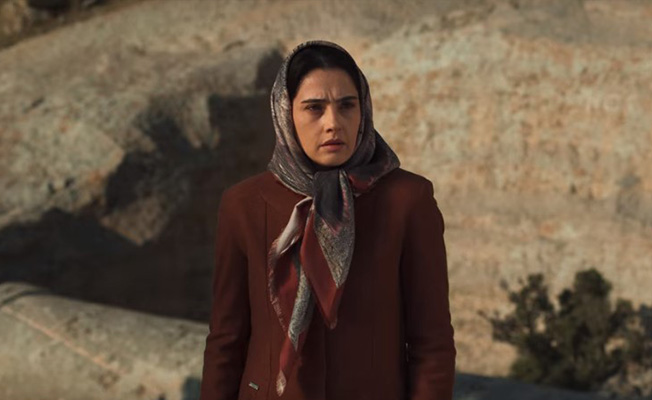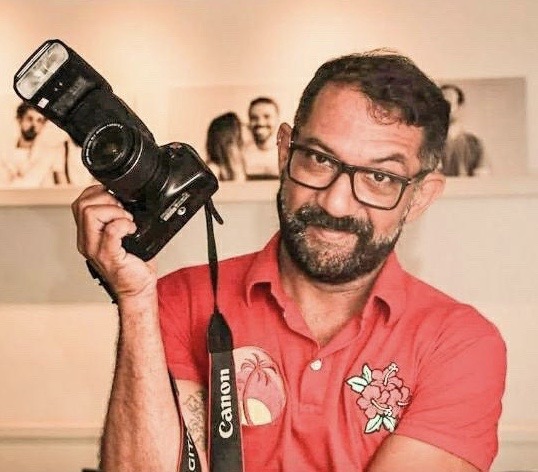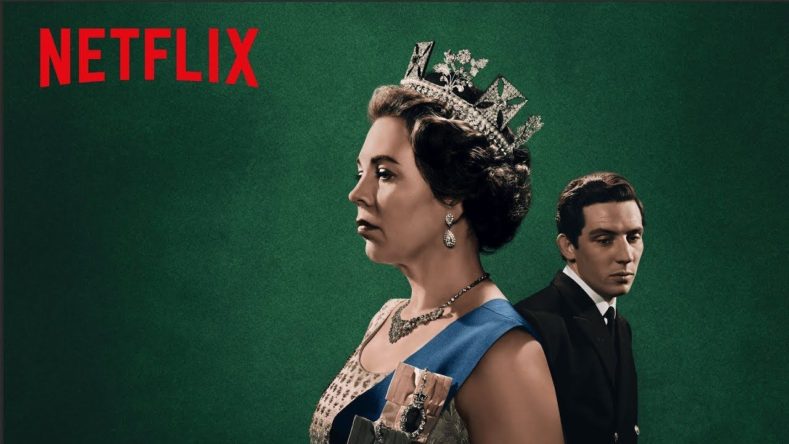Bir Başkadır – Ethos
By Pierre Scordia
An unexpected bonus of Netflix is undoubtedly its cultural diversity. Indeed, we viewers can enjoy series, films and documentaries from around the world, including features that would quite possibly have been overlooked by the traditional media. Recently online, the eight-episode Turkish series Bir Başkadır[1] - whose title has been translated to Ethos in some countries - is wonderfully well performed. We witness the daily lives of several Istanbulites from various social backgrounds and origins, whose lives are more or less intertwined.
The series begins with the story of Meryem, a sweet young woman wearing the conservative traditional Turkish headscarf, who suffers from fainting fits and has been referred to a psychiatrist by the hospital doctor. The psychiatrist, Peri, is a very smart woman, liberal but quite distant, even cold. As the therapy progresses, we realise that Peri resents her patient just because of the fact that she wears a headscarf; it seems to her that Meryem is trapped in many backward taboos and is suppressing her feelings. She is concerned that her patient regularly consults the local imam, the "hodja"[2], a religious sage. Peri confides in her therapist friend Gülbin, admitting that Meryem depresses her. It seems to Peri that the future of Turkey is at stake; she feels increasingly marginalised in her own country, helplessly watching as Ataturk’s dream vanishes like an ephemeral flower.
The irony is that Gülbin – who has opted for a similarly western lifestyle – does not share this fear and remains silent. In fact, Gülbin, unbeknownst to Peri, comes from a rather traditional family from Tatvan (Turkish Kurdistan) and both her mother and sister wear the Muslim headscarf. Gülbin and her sister couldn’t be more different: the way they dress, their lifestyles, level of education, way of thinking… There is tension.
Gülbin has a lover – or, to be more vulgar, a fuck buddy, Sinan, who appears Slavic, perhaps the result of the great intermingling of peoples during the Ottoman Empire. Gülbin sleeps with him without having feelings for him; she would be unwise to let herself become emotionally attached since Sinan seems to be a sex addict, settling down in a stable relationship is not his priority. Besides, he has other ongoing affairs, including one with Melissa, a big star of the soap operas of which the Turks are so fond.
The director also dwells on other characters, including Meryem’s brother Yasin, a former army commander who has re-trained as a bouncer in an Istanbul nightclub. Despite appearing domineering, patronising and conservative, he turns out to be a compassionate man.
The daughter of the imam stands out in this society: a pretty redhead woman, a big fan of pop music and nightclubs, who is attracted to women. Nonetheless, she remains close to her parents and maintains a “modest” appearance to respect their beliefs.
Finally, there is Meryem’s sister-in-law, Ruhiye, an enigmatic character, perhaps hiding past trauma or shame.
The images and lighting used in this series are quite surprising, since although the story is set in 2019, the atmosphere is that of the 60’s or 70’s. Perhaps this vintage appearance is a metaphor the director uses to demonstrate Turkey’s social backwardness[3], despite Turkey in the 1970’s arguably being more secular than the Turkey of today.
An interesting aspect of the Ethos series is its neutral tone. There is no judgement, no condemnation, no censorship. The film director doesn’t take sides. The images are somewhat crude. Nudity is not taboo. The viewer is left to observe, totally free to draw his or her own conclusions. You might think that the European social model which attracts many Turks is a source of loneliness and even depression: sexual consumerism might be a cause. As for Islamic conservatism, it may guide the faithful and help them in times of crisis, but religion obviously limits freedom of expression, personal development, desires… becoming a source of frustration and anachronistically imprisoning followers into ancient, out-dated dogmas.
However, stereotypes are avoided. This series does not portray a Manichean world. The Hodja is not at all zealous nor is he a repulsive religious figure; on the contrary, he is wise, sensitive and kind. He loves his wife and respects most of his daughter’s choices. He seems to have more of Sufi wisdom in him than to be an adherent of the Muslim Brotherhood.
Turkey is a complex country, it appears both conservative and European at the same time, but paradoxically its society is neither Western nor Eastern; it is simply Turkish, a merger of two worlds, two civilisations that manifest, mostly comfortably, side by side in so many households across the country.
FORMIdea London, 22nd December 2020. | Read in French | In Spanish
Cover picture: Meryem (Öykü Karayel)
Notes
[1] Bir Başkadır is difficult to translate. It literally means “being another”.
[2] Hoca in Turkish.
[3] Let’s not forget that not so long ago in European history, Europe was very conservative. In many Western countries in the 60’s, abortion was illegal and penalised, thus putting women’s lives at risk. Homosexuality was prohibited and led to criminal prosecution in England. Until 1965, a woman in France could not write a bank cheque nor have her own funds at her disposal without her husband’s consent. In the Italian, Portuguese and Greek countryside, many women used to cover their heads with a scarf. Swiss women did not have the right to vote in federal elections until 1973, whereas Turkish women could vote from 1934.










You are a great writer. I just saved your webpage.